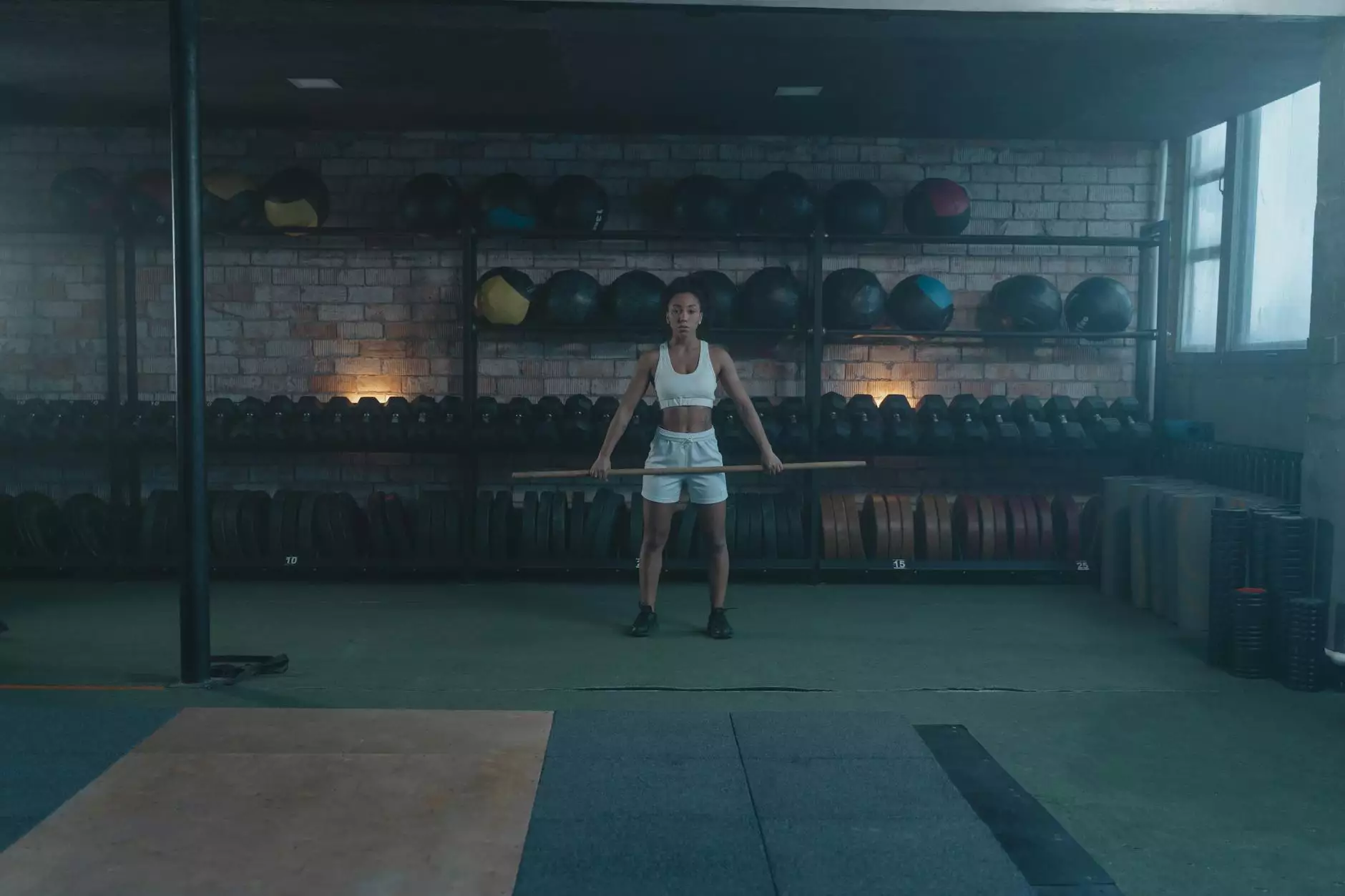The Comprehensive Guide to Air Cargo Quotations

The realm of international trade has transformed significantly with the growth of the e-commerce industry, making the need for efficient logistics more crucial than ever. Among the various modes of transportation, air cargo stands out for its speed and efficiency. This article delves deep into the world of air cargo, focusing on the intricacies of air cargo quotations, their importance in business logistics, and how companies can leverage them to streamline their operations. Whether you're a seasoned logistics manager or a small business owner, understanding air cargo quotations can benefit you immensely.
Understanding Air Cargo Quotations
Air cargo quotations refer to the estimated pricing provided by freight forwarders, airlines, and logistics companies for transporting goods via air. These quotes are influenced by various factors that can affect the cost, timeframe, and overall logistics strategy employed by a business. A comprehensive understanding of how these quotations work is vital for efficient supply chain management.
The Importance of Air Cargo Quotations
In the competitive landscape of global trade, accurate and timely air cargo quotations can determine the success of your logistics strategy. Here are several reasons highlighting their significance:
- Cost Efficiency: Businesses need precise cost estimations to manage budgets effectively. Air cargo quotations allow for better budget planning and resource allocation.
- Speed: With faster delivery times, air cargo is often the preferred choice for perishable or high-value goods. Accurate quotes help in planning efficient routes and schedules.
- Flexibility: Different types of air freight services, such as express delivery or bulk shipping, necessitate varied quotations which cater to specific business needs.
- Transparency: Having clear quotations fosters trust between service providers and clients, ensuring all parties are aware of potential costs involved.
Factors Influencing Air Cargo Quotations
Understanding what drives the costs of air cargo can help businesses negotiate better deals and make informed decisions. The following factors play a crucial role:
1. Weight and Dimensions of Shipment
The total weight and dimensional weight (volumetric weight) of the cargo are primary considerations in quotes. Heavier or larger shipments incur higher rates. It's essential to provide accurate measurements to get a precise quotation.
2. Distance
The distance between the origin and destination airports affects transportation costs. Air cargo is charged based on the route, with longer distances generally costing more.
3. Type of Goods
The nature of the goods being shipped can influence air cargo quotes. Hazardous materials or perishables often require special handling, which can lead to increased costs.
4. Seasonality and Demand
Air freight costs can fluctuate based on peak periods, such as holidays or major sales events. Companies need to be aware of these seasonal variations when requesting quotes.
5. Additional Services
Extra services such as insurance, custom clearance, and warehousing can affect the final quotation. Clients should ensure that all required services are included in the quote they receive.
How to Obtain Accurate Air Cargo Quotations
Acquiring an accurate air cargo quotation involves a systematic approach:
- Identify Your Needs: Have a clear understanding of what you are shipping, including dimensions, weight, and destination.
- Choose the Right Freight Forwarder: Research and select a trustworthy freight forwarder with a good track record, as they can provide more accurate and competitive quotes.
- Request Multiple Quotations: Seek quotes from multiple service providers to compare prices and services effectively. Look for hidden costs.
- Negotiate: Don’t hesitate to negotiate terms and costs. Freight forwarders may offer discounts based on volume or loyalty.
- Clarify Terms: Ensure that all conditions, including delivery times and liability coverage, are clearly outlined in the quotation.
Key Terms Related to Air Cargo Quotations
Familiarity with industry-specific terms will help you navigate the world of air cargo more fluently. Here are some vital terms:
- Freight Forwarder: A third-party company that organizes the shipment of goods internationally or domestically.
- Air Waybill (AWB): A document issued by a carrier, detailing the terms of the transportation agreement and serving as a receipt for the cargo.
- Incoterms: International commercial terms that outline the responsibilities of buyers and sellers in the shipping process.
- Dimensional Weight Pricing: A pricing method where the freight charge is based on the dimensions of the package rather than just its weight.
Comparing Air Cargo Quotations Effectively
To make the most of your logistics operations, you need to be able to compare air cargo quotations effectively. Here's how:
1. Create a Comparison Matrix
Develop a matrix to input quotes from different providers, detailing the estimated cost, delivery timeframe, and included services. This allows for a side-by-side comparison.
2. Evaluate Customer Service
Don't just look at the numbers; assess the communication and support from the service provider. Reliable customer service is vital for successful logistics management.
3. Assess Reliability
Look into the provider's track record. Reviews and testimonials can shed light on their reliability and service consistency.
Real-World Applications of Air Cargo Quotations
The practical application of understanding and obtaining quotes can drive significant business outcomes. Consider the following scenarios:
1. E-Commerce Businesses
With the boom in e-commerce, companies must manage fast supply chains. Accurate air cargo quotations allow these businesses to offer competitive shipping rates while ensuring timely delivery, a critical factor for customer satisfaction.
2. Pharmaceutical Companies
For businesses dealing with temperature-sensitive goods, such as pharmaceuticals, obtaining precise quotes from specialized carriers is essential to maintain compliance with strict regulations.
3. Manufacturers and Exporters
Manufacturers relying on international markets need to optimize shipping costs while ensuring reliable delivery to remain competitive. Understanding quotations allows them to negotiate better rates with carriers.
The Future of Air Cargo Quotations
As technology continues to advance, the future of air cargo quotations looks promising. Innovations such as automated quoting systems, artificial intelligence, and blockchain technology could further streamline the quoting process, making it faster and more reliable. Businesses that leverage these technologies will be positioned to enhance their logistics strategies effectively.
Conclusion
In conclusion, navigating the world of air cargo is a critical aspect of modern business logistics. By understanding the nuances of air cargo quotations, companies can optimize their shipping needs, reduce costs, and improve service delivery. For businesses seeking to enhance their operations, it is essential to focus on obtaining accurate quotations, comparing them effectively, and staying informed about industry trends and terminologies.
For more detailed quotes and logistics support, reach out to us at cargobooking.aero. Together, let's elevate your logistics strategy to new heights!









